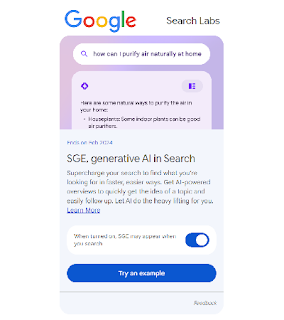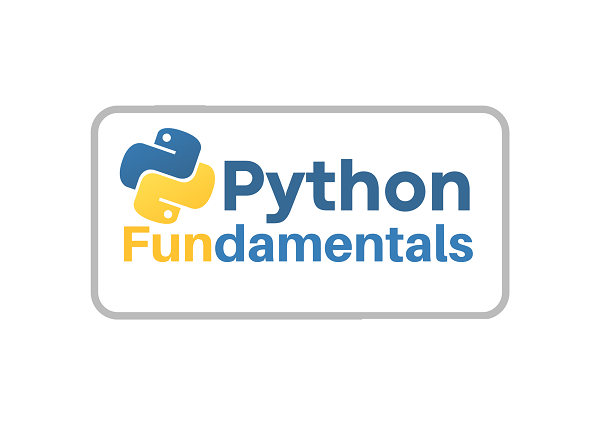Understanding BioGPT: An Advanced NLP Model for Biomedical Text Mining
In this article, we explore the features, advantages, and potential applications of BioGPT. We also discuss how BioGPT can accelerate drug discovery, disease modeling, clinical decision-making, and other areas of biomedical research. As NLP technology continues to evolve, BioGPT and similar models are expected to play an increasingly important role in advancing medical knowledge and improving patient outcomes.
Natural Language Processing (NLP) has come a long
way in recent years, thanks to advancements in artificial intelligence and deep
learning.
One of the latest and
most promising developments in this field is BioGPT, an advanced NLP model
specifically designed for biomedical text mining.
In this article, we will
dive deep into BioGPT and explore its features, advantages, and potential
applications.
What is BioGPT?
BioGPT is an NLP model
based on the GPT (Generative Pre-training Transformer) architecture, which is a
state-of-the-art deep learning model for language processing.
However, BioGPT is
fine-tuned on biomedical text data, making it highly specialized and effective
for processing complex medical and biological terminology.
The model is pre-trained
on a large corpus of biomedical text data and can be further trained on
specific tasks such as text classification, entity recognition, and
relationship extraction.
Why is BioGPT Important for
Biomedical Text Mining?
Biomedical text data is
notoriously difficult to process due to its complexity, variability, and
technical jargon.
Traditional NLP models
often struggle to accurately extract relevant information from such text, which
can hamper medical research, drug discovery, and clinical decision-making.
BioGPT addresses these
challenges by providing a highly accurate and efficient tool for processing
biomedical text data.
How Does BioGPT Work?
BioGPT works by breaking
down biomedical text into smaller units of meaning, called tokens, and mapping
them onto a multi-dimensional vector space.
This vector space
represents the semantic relationships between the tokens, allowing the model to
understand the contextual meaning of the text.
The model is then
fine-tuned on specific tasks using supervised learning, which involves
providing labeled examples of text and their corresponding output.
The model learns to
generalize from these examples and make accurate predictions on new data.
What are the Advantages of
Using BioGPT for Biomedical Text Mining?
BioGPT has several
advantages over traditional NLP models for biomedical text mining, including:
Accuracy: BioGPT is highly accurate in extracting relevant
information from biomedical text data, thanks to its specialized pre-training
on this type of data.
Efficiency: BioGPT is computationally efficient and can process
large volumes of text data in a short amount of time.
Flexibility: BioGPT can be fine-tuned on a wide range of tasks,
making it a versatile tool for various biomedical text mining applications.
Interpretability: BioGPT's vector-based representation of text allows
for a more interpretable and transparent analysis of the data.
What are the Potential
Applications of BioGPT?
BioGPT has several
potential applications in the field of biomedical research, including:
Drug discovery: BioGPT can be used to analyze large volumes of
biomedical text data to identify potential drug targets and predict drug
efficacy.
Clinical decision-making: BioGPT can help clinicians quickly and accurately
extract relevant information from medical records and other text data to aid in
diagnosis and treatment planning.
Disease modeling: BioGPT can be used to extract and analyze data from
biomedical literature to create more accurate models of disease progression and
treatment.
Biomedical research: BioGPT can help researchers analyze and summarize
large volumes of biomedical literature to identify research gaps and new areas
of investigation.
Conclusion
BioGPT represents a major
advance in the field of biomedical text mining, providing a highly accurate and
efficient tool for processing complex medical and biological terminology. Its
specialized pre-training on biomedical text data and fine-tuning on specific
tasks make it a versatile and powerful tool for a wide range of applications in
biomedical research and clinical practice. As NLP technology continues to
evolve, we can expect BioGPT and similar models to play an increasingly important
role in advancing medical knowledge and
improving patient outcomes.
With its ability to
analyze vast amounts of text data quickly and accurately, BioGPT has the
potential to revolutionize drug discovery, disease modeling, clinical
decision-making, and many other areas of biomedical research. By enabling
researchers to extract key insights from large volumes of text data, BioGPT can
accelerate the pace of discovery and help unlock new treatments for a wide
range of medical conditions.
In conclusion, the emergence of advanced NLP models like BioGPT represents a major breakthrough in the field of biomedical text mining. As these models continue to develop and improve, we can expect them to become an increasingly powerful tool for unlocking the secrets of the human body and advancing medical knowledge in new and exciting ways.




Comments
Post a Comment